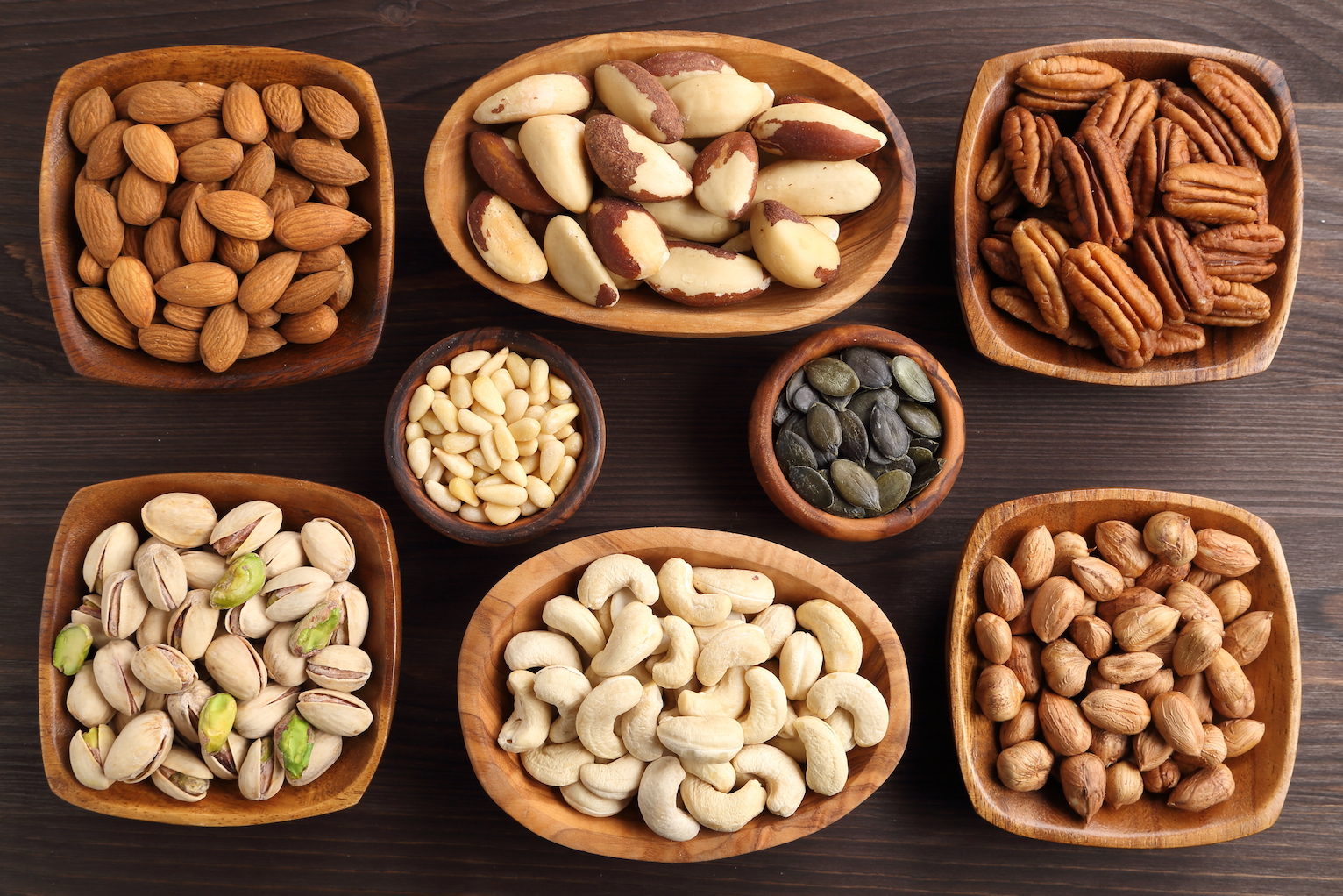
Regular consumption of nuts may improve male fertility
New research from the European Society of Human Reproduction and Embryology (ESHRE) has found that a diet rich in nuts may improve the quality and function of human sperm.
According to the researchers, the results of a 14-week randomized trial “support a beneficial role for chronic nut consumption in sperm quality.”
Dr. Albert Salas-Huetos from the Human Nutrition Unit of the Universitat Rovira said that the study was performed against a background of general decline in quantity and quality of human sperm, which is often attributed to “pollution, smoking, and trends toward a western-style diet.”
The investigation was focused on 119 healthy men between the ages of 18 and 35. Some of the individuals were assigned to resume their typical western-style diet which did not include nuts, while the others consumed 60 grams of mixed almonds, hazelnuts, and walnuts per day.
Nuts are rich in omega-3, antioxidants, and folate. The study participants who consistently consumed nuts showed notable improvements in the vitality, mobility, morphology, and the number of their sperm – factors that are all associated with male fertility.
In addition, the participants who regularly consumed nuts also showed a significant reduction in their levels of sperm DNA fragmentation, which is a factor linked to male infertility.
Dr. Salas-Huetos pointed out that the results of the study cannot necessarily be applied to the general population, considering that the male subjects were all healthy and fertile men who followed a western-style diet.
Whether or not men can expect that the daily consumption of nuts will reliably increase fertility is not fully understood.
“We can’t yet say that based solely on the results of this study,” said Dr. Salas-Huetos. “But evidence is accumulating in the literature that healthy lifestyle changes such as following a healthy dietary pattern might help conception – and of course, nuts are a key component of a Mediterranean healthy diet.”
Dr. Salas-Huetos presented the research at the 34th Annual Meeting of ESHRE.
—
By Chrissy Sexton, Earth.com Staff Writer













